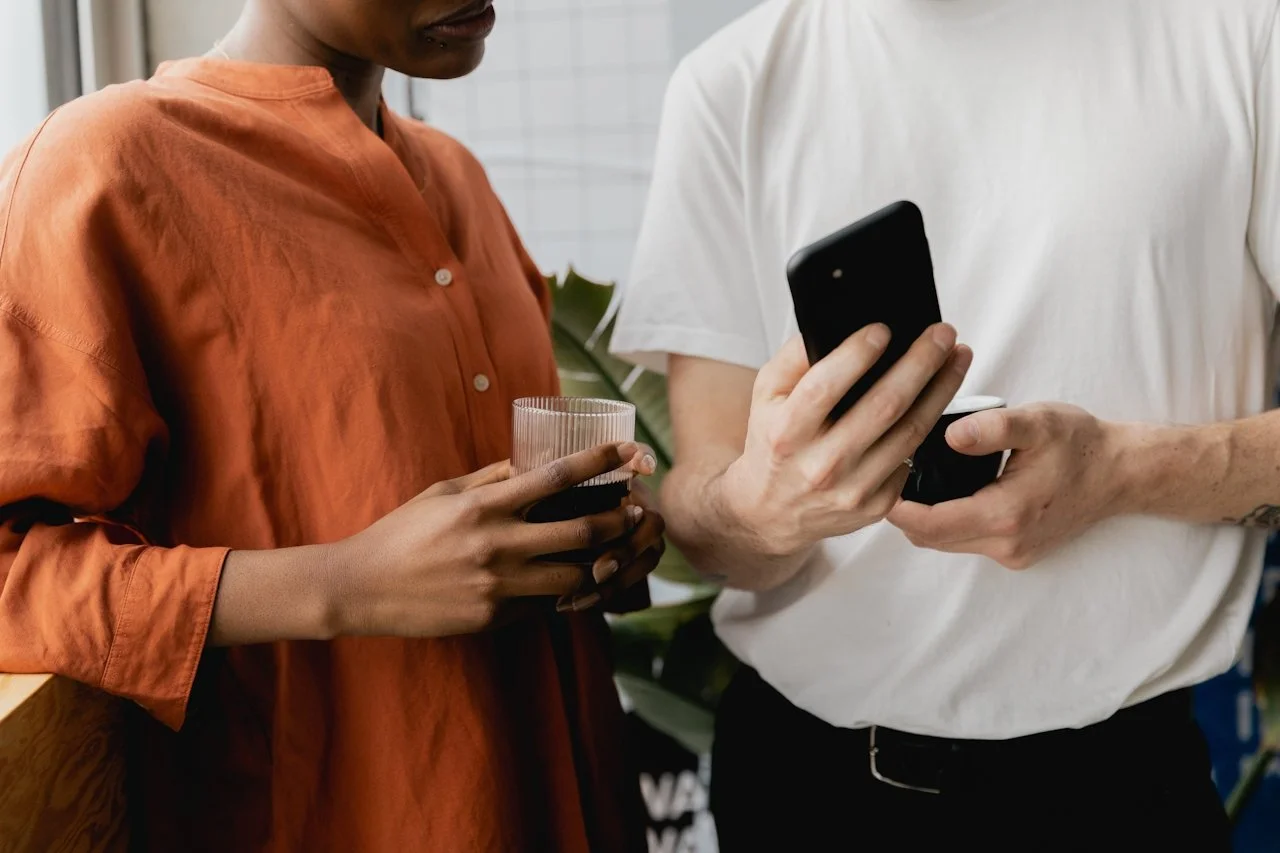Are algorithms ruining personal taste?
Brand strategist Eugene Healey recently suggested that gatekeepers might be making a comeback.
Why? Because algorithms aren’t cutting it. They’re pushing us all toward the same, safe, mainstream choices. Human gatekeepers, on the other hand, bring something algorithms can’t: taste and expertise.
Healey points to the fitness and wellness app Kic as a good example. Kic has crafted a brand universe where the founders, social media, and marketing teams share their own curated picks and insights. Instead of faceless branding that’s lost its punch, Kic turns people within the brand into ‘brand characters,’ sharing their perspectives and fostering real fandom. Layer this with aspirational content, and you’ve got a recipe for community building that brands are finding increasingly necessary.
Credit: Kic App
But when Healey talks about gatekeepers, is he really talking about curators or tastemakers? Or both?
Let’s break it down.
Gatekeepers: Traditionally, gatekeepers control what gets shared with an audience. Think of editors in the press—they choose which stories and products get spotlighted, acting as the filter between us and what we see.
Curators: Curators don’t block access; instead, they select and organise content with a specific theme or narrative. Their focus? Crafting an experience that feels cohesive and meaningful.
Tastemakers: Tastemakers are influencers who shape trends by endorsing styles, products, and content. Their power lies in defining what’s cool and shaping public opinion.
There’s overlap, sure. But at the heart of it all? Taste.
Taste is often seen as personal and subjective. So, what happens when it gets swept up in larger trends? How do we know if we genuinely like something or if we’re just following the algorithm’s lead?
This conversation isn’t new. Back in 2016, The Guardian highlighted the growing need for human gatekeepers in the digital age.
And journalist Kyle Chayka's recent book Filterworld is an investigative book speaking to industry experts, users and artists of all kinds to figure out how algorithmic recommendations have impacted our culture and break down how digital platforms have taken over our modes of cultural distribution in the past decade. Much of Chayka’s research argues that algorithms are flattening our cultural landscape, making it more homogenous and 'destroying our taste'.
The algorithm feeds us what it thinks we want, but is it also subtly shaping us into the same people, with the same hobbies, the same shopping habits, and even the same life goals? Are we still making choices, or are we just being guided down the same paths as everyone else?
There might not be a clear answer, but this sparks an interesting and evolving discussion. Are personal preferences and cultural tastes becoming more collective? Are we living for ourselves or the algorithm
We believe that the best people to handle your PR are those closest to the brand, and that is you and your team. Watch our 3-minute platform demo and see how our all-in-one PR platform can help you secure great press coverage in as little as an hour a week.



